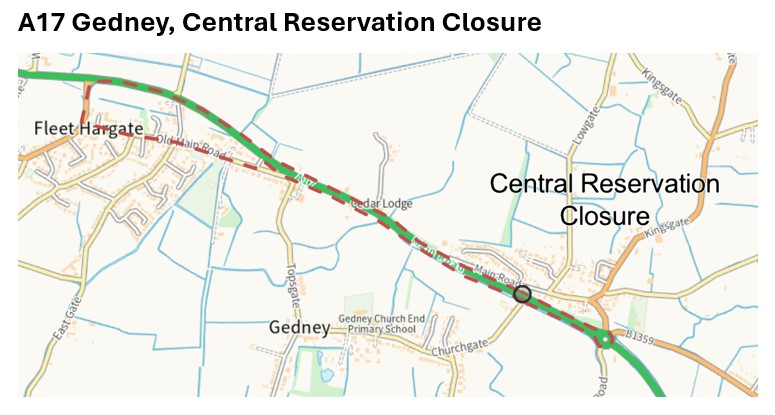Lincolnshire County Council is looking to join forces with Norfolk, Suffolk and Essex to oppose the pylons proposed by the National Grid.
Proposed as the ‘Great Grid Upgrade’ the scheme will see an army of 470 pylons marching through the East coast counties to bring offshore power to homes.
The cost of the entire scheme has been put at in excess of £1bn and it has been met with fierce opposition from residents and councils.
Lincolnshire County Council and the wider group are hoping to convince National Grid to completely rethink the plans and consider alternatives, such as underground cabling, which had been ruled out at an early stage with National Grid saying it would cost six times as much money to bury them.
“We have been clear since National Grid first announced their plans to run a 87-mile (140km) line of 240 50m-high electricity pylons through the Lincolnshire countryside that they would irreversibly change the character of our county and other options should be considered,” said council leader Martin Hill.
“We believe National Grid have prematurely ruled-out putting cables on the seabed to transport this energy into southern England. It now emerges that they have refused to take the views of certain parish meetings into account at their consultation, excluding some directly affected communities from contributing,
“National Grid don’t just have their eyes on Lincolnshire for their enormous pylons; similar proposals exist across East Anglia. We are speaking with counterparts in Norfolk, Suffolk and Essex who share our view that these plans are unacceptable,” he added.
There is a 112-mile (180km) power line plan between Norwich and Tilbury.
A joint statement from the other three county councils says: “Essex, Suffolk, Norfolk and Lincolnshire county councils met this week to discuss National Grid’s proposals to install pylons across our counties. We have agreed to continue to work together to look at how we proceed, and we will now consider what this means in more detail.”






